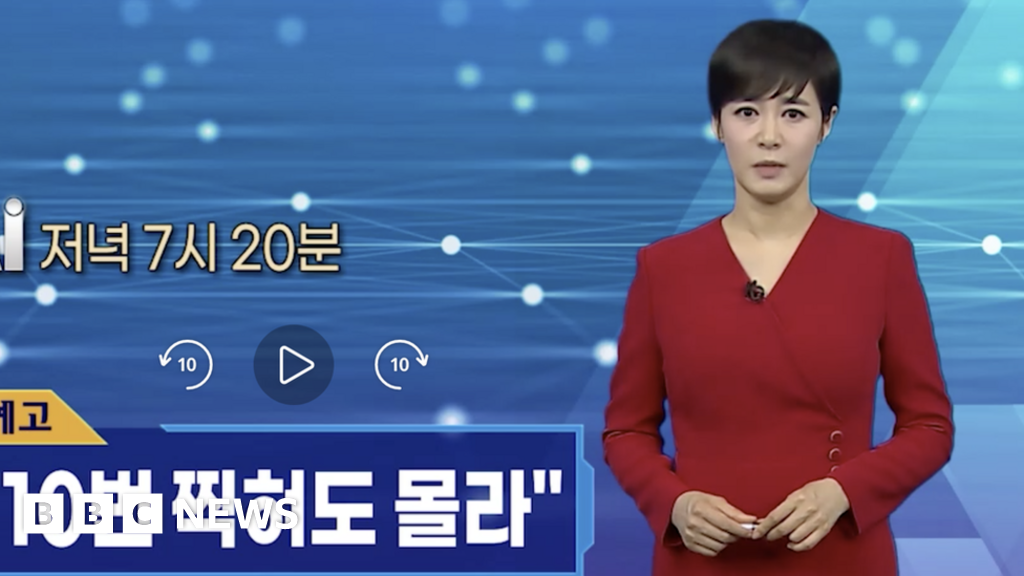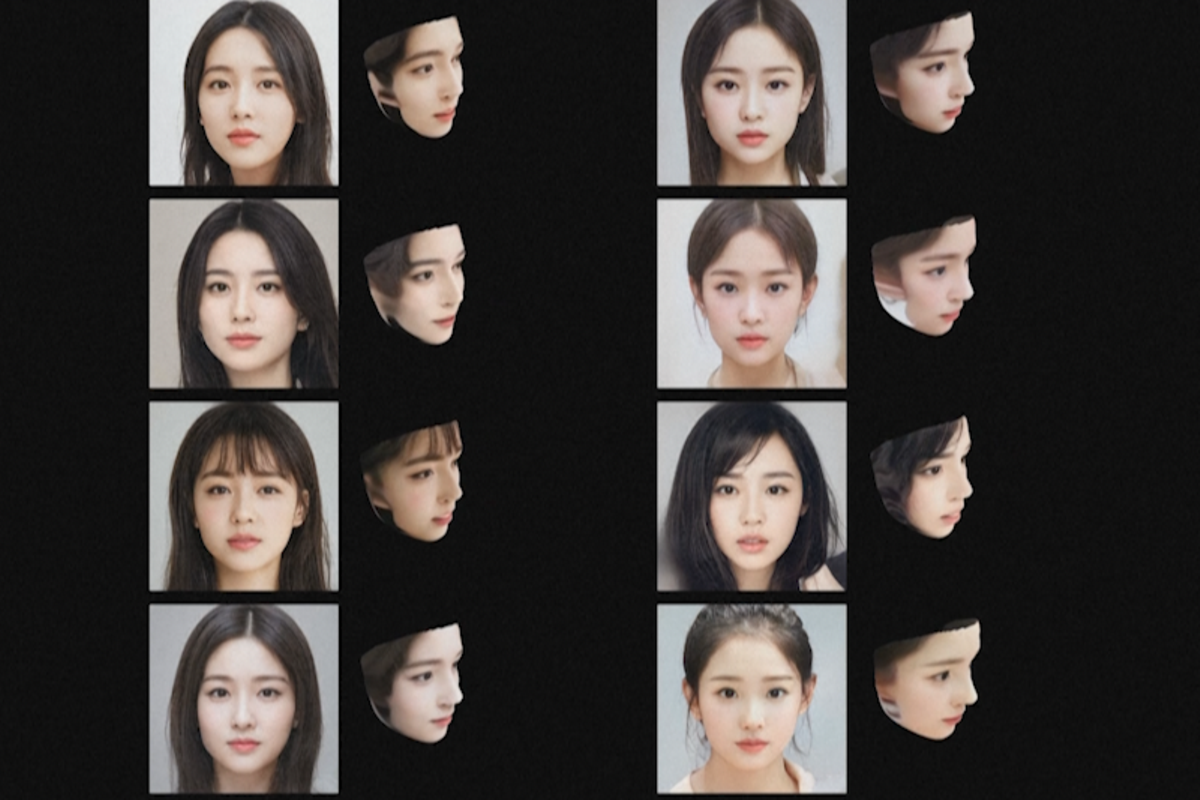Kpop Deepfakes: Inside A Disturbing Secret Place & Legal Fallout
Is the digital veil of entertainment finally being torn asunder by the insidious tendrils of artificial intelligence? The rise of K-pop deepfakes, primarily targeting female idols, has ignited a firestorm of controversy, raising profound ethical questions and exposing a hidden world of exploitation.
The world of K-pop, with its meticulously crafted image and fervent fanbase, has long been a global phenomenon. From the synchronized dance routines to the catchy melodies, the industrys reach is undeniable. However, a darker side of this phenomenon has emerged, lurking in the shadows of the digital age: the proliferation of deepfake pornography. These manipulated videos, crafted using AI technology to synthesize the faces of idols onto explicit content, are spreading rapidly across the internet, leaving a trail of trauma and outrage in their wake. The issue extends far beyond mere digital trickery; it's a blatant violation of privacy and a form of sexual exploitation that is gaining traction at an alarming rate.
The scandal has prompted an outcry from fans, activists, and the industry itself, with calls for stricter regulations and legal action. In Seoul, South Korea, on August 30, 2024, activists wearing eye masks held posters, their silent protest screaming against the "repeated deepfake sex crimes," a grim reminder of the pervasive nature of this issue. The impact isn't just emotional; it carries legal weight too.
In a significant development, thirteen individuals have been formally detained and referred to prosecutors, underscoring the gravity with which authorities are treating the situation. Alongside this, the police also booked approximately 60 participants within the chat rooms where these illicit videos are often shared and discussed. The actions of law enforcement send a clear message: the creation, distribution, and consumption of deepfake pornography are not to be tolerated.
The problem is multifaceted. Deepfakes, by definition, are video edits that use AI to synthesize faces or specific parts of existing individuals. The technology, which first emerged in 2017, quickly became a hot topic in the tech world. Now, it's being deployed with alarming frequency in the K-pop sphere. The result is a constant barrage of manipulated videos that sexualize and exploit the idols, often without their consent and knowledge. These videos are easily accessible, spreading through social media platforms and, increasingly, appearing on dedicated pornography websites.
Many websites, some of which claim to be created "by Kpop lovers for other fans," feature extensive collections of deepfake content. They often promise viewers access to their "favorite Kpop idol sluts" and offer explicit content. Some of these sites blatantly promote this content, going so far as to encourage users to "masturbate with any idol you idolize, love them." This blatant disregard for the artists' rights and well-being is a disturbing symptom of the issue.
The damage done is not only psychological. The creation and distribution of deepfakes can have severe legal and financial consequences. The victims of these videos face reputational harm, potential career damage, and a deep sense of violation. Moreover, the individuals creating and disseminating these videos face criminal charges, highlighting the serious ramifications associated with this form of digital misconduct.
The legal and ethical implications are complex. The absence of clear laws and regulatory frameworks in many countries exacerbates the problem, making it easier for perpetrators to act with impunity. The speed with which deepfake technology is evolving further complicates the efforts to combat the issue. The authorities are continually trying to keep up with the criminals, resulting in a constant game of cat and mouse, with the victims frequently left vulnerable.
One of the groups most frequently targeted is Twice. Deepfake videos featuring Twice members are readily available online. A deepfake video, purportedly showing Twice's Sana by a pool, with the timestamp of January 19, 2025, and accumulating 3.1k views, shows just how easily these types of videos are generated and distributed. The video highlights how the creators use this technology. The fact that this content, at the time of this writing, can be found with a simple search speaks volumes about the scope of the problem.
The response from the K-pop industry has been mixed. While some agencies have issued warnings and taken legal action, the industry, as a whole, has struggled to keep pace with the rapid spread of deepfake technology. Some agencies, such as Ador, the agency of the girl group NewJeans, issued warnings and legal measures in June, showing that action can be taken.
The following table provides information about the technology and its implications:
| Aspect | Details |
|---|---|
| Definition of Deepfake | Video edits using AI technology to synthesize faces or specific parts of existing individuals. |
| Primary Target | Female K-pop idols. |
| Methods of Distribution | Social media, pornographic websites, dedicated deepfake sites, chat rooms. |
| Legal Consequences | Criminal charges for creators and distributors, reputational damage, potential career damage for victims. |
| Ethical Concerns | Violation of privacy, sexual exploitation, non-consensual use of digital likeness, spread of misinformation. |
| Industry Response | Mixed: some agencies issue warnings and legal action, but industry struggles to keep pace. |
| Technology Evolution | Rapid advancements in AI make it easier to create increasingly realistic and sophisticated deepfakes. |
| Examples | Twice, Blackpink, ITZY, IZ*ONE, NewJeans (among others). |
| Protest Location | Seoul, South Korea. |
| Date of Protest | August 30, 2024. |
| Date of NewJeans Agency Warning | June. |
| First Appearance of Deepfake Technology | 2017. |
| Examples of Websites | Alldeepfake, adultdeepfakes, porndeepfake.net, and various others. |
| Chat Room Participants Booked | Around 60. |
| Reference | Google Search (for more in-depth information) |
Websites such as alldeepfake, adultdeepfakes and porndeepfake.net are among the many places where this content is found. These sites offer extensive libraries of deepfake videos, often organized by idol group or individual members. The content available includes explicit content and sexually suggestive scenarios. The ease with which these sites can be accessed, with minimal restrictions, is a significant concern. These sites exist at the intersection of technology and exploitation, fueled by a demand that trivializes consent and the well-being of the idols involved.
The issue of deepfake pornography is not limited to the K-pop industry. This phenomenon is a global problem, affecting a wide range of celebrities and public figures. The increasing sophistication of AI technology is making it easier to create realistic deepfakes that can be difficult to distinguish from real videos. The lack of comprehensive legal frameworks and effective enforcement mechanisms further exacerbates the problem. The fight against deepfakes requires a global effort involving tech companies, governments, and the public, all working to combat the creation, distribution, and consumption of non-consensual intimate content.
As the digital landscape evolves, so too must our vigilance. It requires a multifaceted approach, combining technological solutions with legal reforms and public awareness campaigns. The objective is to safeguard the rights of those affected, hold those who create and distribute deepfakes accountable, and foster a digital environment where consent and privacy are sacrosanct. The time to act is now.


